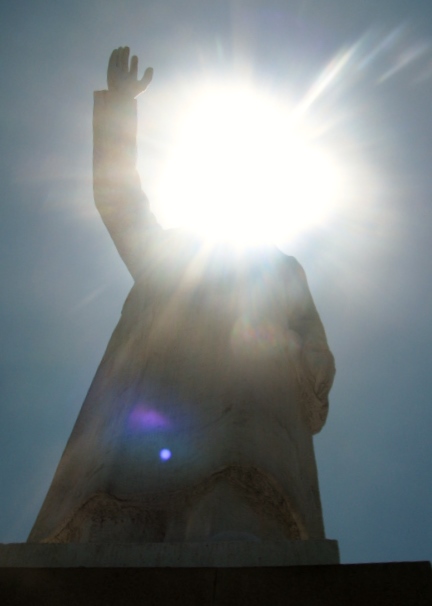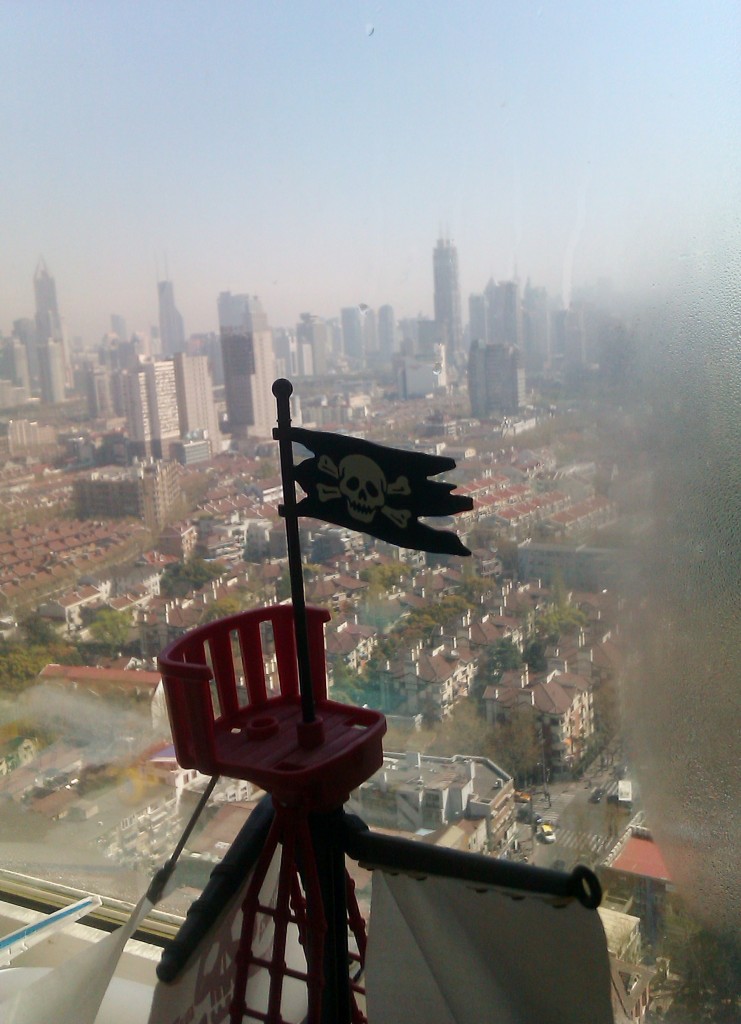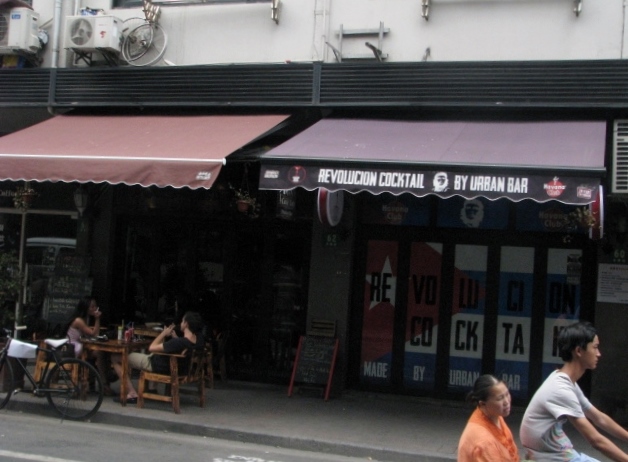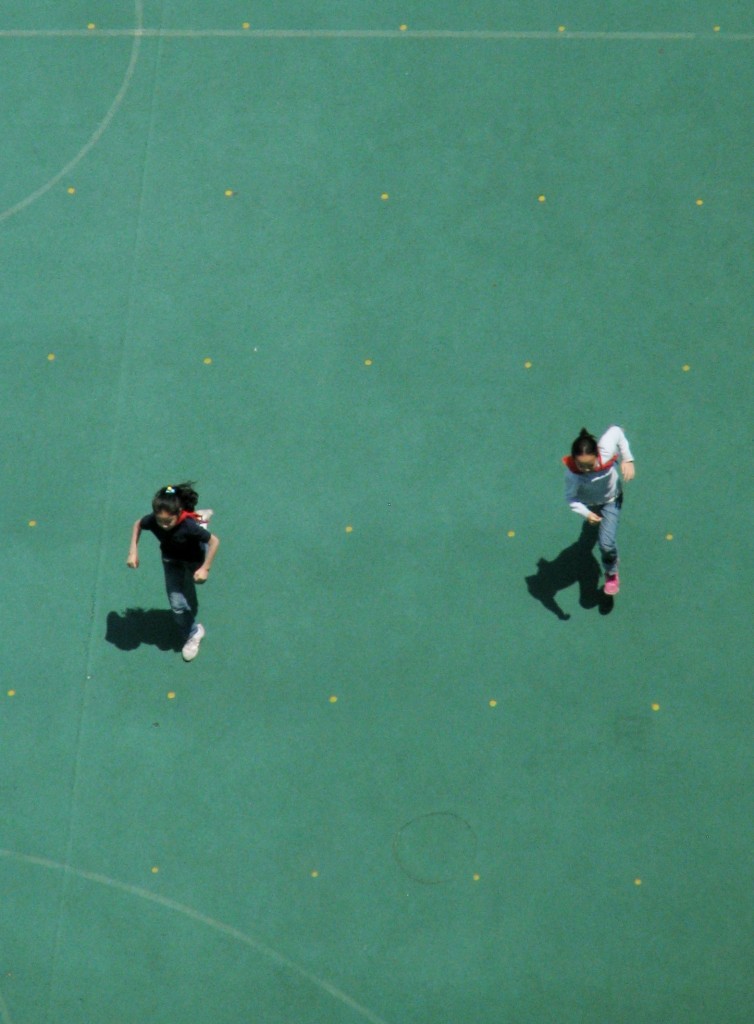I love scanning errors — errors produced by scanners — in general, and right now in particular I love the ones I’m hitting in the Penguin Kindle edition of Antigone (tr. Robert Fagles), which I’ve been reading because we’ll be kicking off the semester with a big discussion of Sophocles’ 2,454-year-old tragedy next week as part of freshman orientation.
Here’s a good example:
CHORUS:
G!ory!— great beam of the sun, brightest of all
that ever rose on the seven gates of Thebes,
you bum through night at last!
And yes, it is all gory business — suicides by blade and hanging, the whole business of leaving a corpse to rot outside the city gates. And gory is a word that does looks good violently split asunder with an exclamation point. And if the sun does anything at all and if we absolutely must anthropomorphize what the sun does and how it does it, then bum indeed is fitting. The sun bums through the sky day and night. The sun is a bum.
Gore is glory. Sun, you bum, beat down on the rotting corpse of Polynices to reveal — in the casual, indifferent manner of haughty lifetime bums everywhere observing the doings of everyday people (working stiffs and middle managers and CEOs alike) — that the glory in the tragedy of life in the polis yields not just gore but g!ore!
I’m rather bummed, on the other hand, that we’ll be using the Ian Johnston translation next week with our 300-some incoming students (half from the PRC, half from everywhere else*), which renders the same passage thusly:
CHORUS:
O ray of sunlight,
most beautiful that ever shone
on Thebes, city of the seven gates
I’m pleased, however, at the prospect of foregrounding translation a bit in discussion of our sense of Sophocles and his play (as well as the felicitous errors that may arise in transmission) if I get a chance.
Here’s yet another translation, which I came across on Spotify. It’s a dramatic recording of Antigone by a group of students from McGill University done back in 1959, which you can access on the Smithsonian Folkways site. The translation, by Robert Fitzgerald and Dudley Fitts, first appeared in 1938.
CHORUS:
Now the long blade of the sun, lying
Level east to west, touches with glory
Thebes of the seven gates. Open, unlidded
Eye of the golden day!
It’s read with a mannerist Mid-Atlantic English accent (with what sound like occasional hints of Transylvanian) with stentorian delivery. Interesting to contrast with the recording made by Members of Columbia University in the original Greek, recorded in 1957 and also available on the Smithsonian Folkways site, at least for a few lines.
Of course, I don’t understand ancient Greek, but then again, neither does Google. Google Translation does Modern Greek, however, and returning to the idea of “scanning errors,” here broadly understood to include online machine translation, Google gives us this wonderful glitch translation of the same lines (I include the first two stanzas, actually, here, because there are so many great English words and phrases that emerge from the Googlish:








